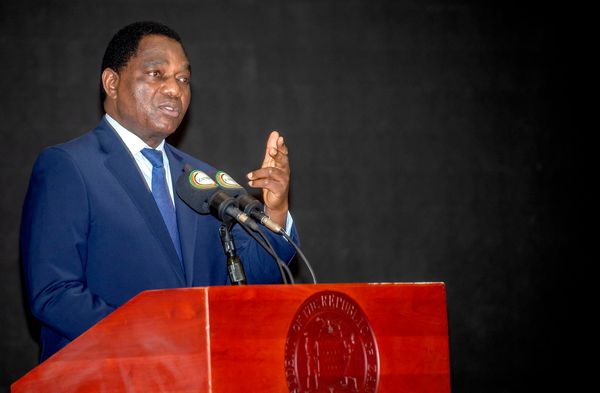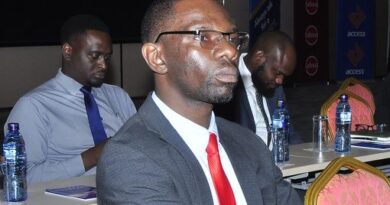Zambia Declares Drought as National Disaster
President Hakainde Hichilema of Zambia has declared a state of emergency today Thursday, citing the devastating impact of a severe drought gripping the country.
The announcement comes as Zambia faces its worst drought in recent history, exacerbated by El Niño weather conditions and the broader effects of climate change.
The drought has wreaked havoc on critical sectors such as agriculture, water availability, and energy supply, posing a grave threat to national food security and the livelihoods of millions of Zambians.
With 84 severely affected districts across various provinces, over one million farming households are at risk due to the prolonged dry spell.
President Hichilema outlined immediate measures to address the crisis, including the allocation of additional resources for humanitarian relief efforts to prevent hunger among affected citizens.
Importing additional electricity, promoting alternative energy sources, and preventing bush burning were also highlighted as short-term strategies to mitigate the impact.
Furthermore, the government plans to leverage the country’s defense forces to expand irrigation schemes and encourage early and winter maize planting through various forms of irrigation.
Enhancing social welfare programs, such as the Social Cash Transfer, and bolstering community sales of food reserves are among the initiatives aimed at supporting vulnerable populations.
Acknowledging the need for international support, President Hichilema expressed gratitude to partners such as the British government, the United Nations, the World Bank, and others who have offered assistance.
However, he emphasized the importance of transparency in resource utilization and warned of consequences for any misuse.
Looking ahead, the President outlined longer-term measures to address the underlying challenges posed by climate change, including enhancing water harvesting mechanisms, increasing investment in agriculture, and accelerating the development of alternative energy sources.
The declaration of a national disaster underscores the gravity of the situation and the urgent need for collective action. President Hichilema called upon all stakeholders, including government agencies, private sector entities, civil society organizations, and citizens, to join hands in mitigating the crisis.



